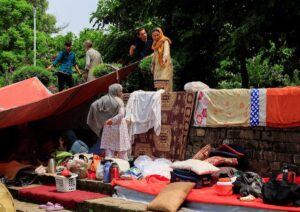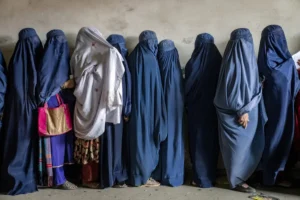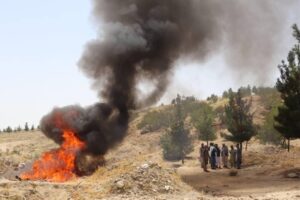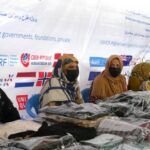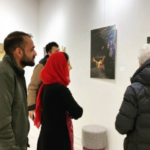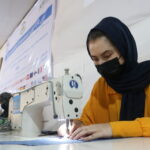Saida Mirziyayev, assistant and daughter of the President of Uzbekistan, has reacted to the restrictions on the education of girls in Afghanistan, stating that her country will continue to support the education of girls and women in that country.
Speaking at a meeting on the occasion of World Education Protection Day in Qatar, Ms. Mirziyayev said, “This issue is very important for the women of Afghanistan, as there is a significant shortage of skilled medical personnel in the country to protect the health of mothers and children.”
Saida Mirziyayev told participants at the Doha meeting, “We are ready to continue educating girls and women in Afghanistan in essential fields to help prevent a humanitarian crisis. The government of Qatar and the Education for All Foundation are also ready to assist us in this regard.”
According to reports from Uzbek media, nearly 700 Afghan citizens, including 200 women, have been trained under an educational program for Afghan citizens in Uzbekistan since 2018.
The assistant and daughter of the President of Uzbekistan emphasized that supporting the education of girls will not be easy for any party given the current government’s restrictions on women and girls in Afghanistan, but Tashkent will exert all its efforts to achieve this goal.
Additionally, Ms. Mirziyayev highlighted the importance of online education for girls and women in Afghanistan during this meeting.
Since regaining power in Afghanistan, the interim government has barred girls above sixth grade from attending school and subsequently prohibited female students from attending public and private universities as well as private educational institutions.
It should be noted that the current government’s restrictions have left millions of girls without access to education.
The United Nations and the international community have repeatedly called for the lifting of bans on women’s rights to education and work in Afghanistan over the past three years, but the interim government has so far ignored these demands.
Moreover, women have been banned from going to sports clubs, restaurants, public baths, being examined by male doctors, traveling without a mahram (male guardian), working in domestic and international NGOs, and even in UN offices in Afghanistan.
Recently, the current government’s new law on promoting virtue and preventing vice has even referred to women’s voices as “awrah” (a term used to indicate parts of the body that should be covered).
The UN Women’s section has previously stated that the restrictions on women have had a detrimental impact on their lives in Afghanistan.


